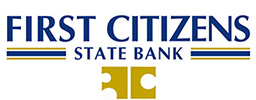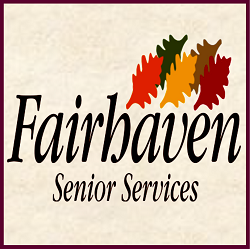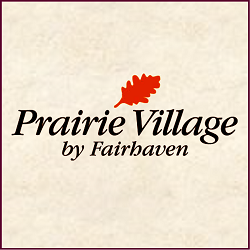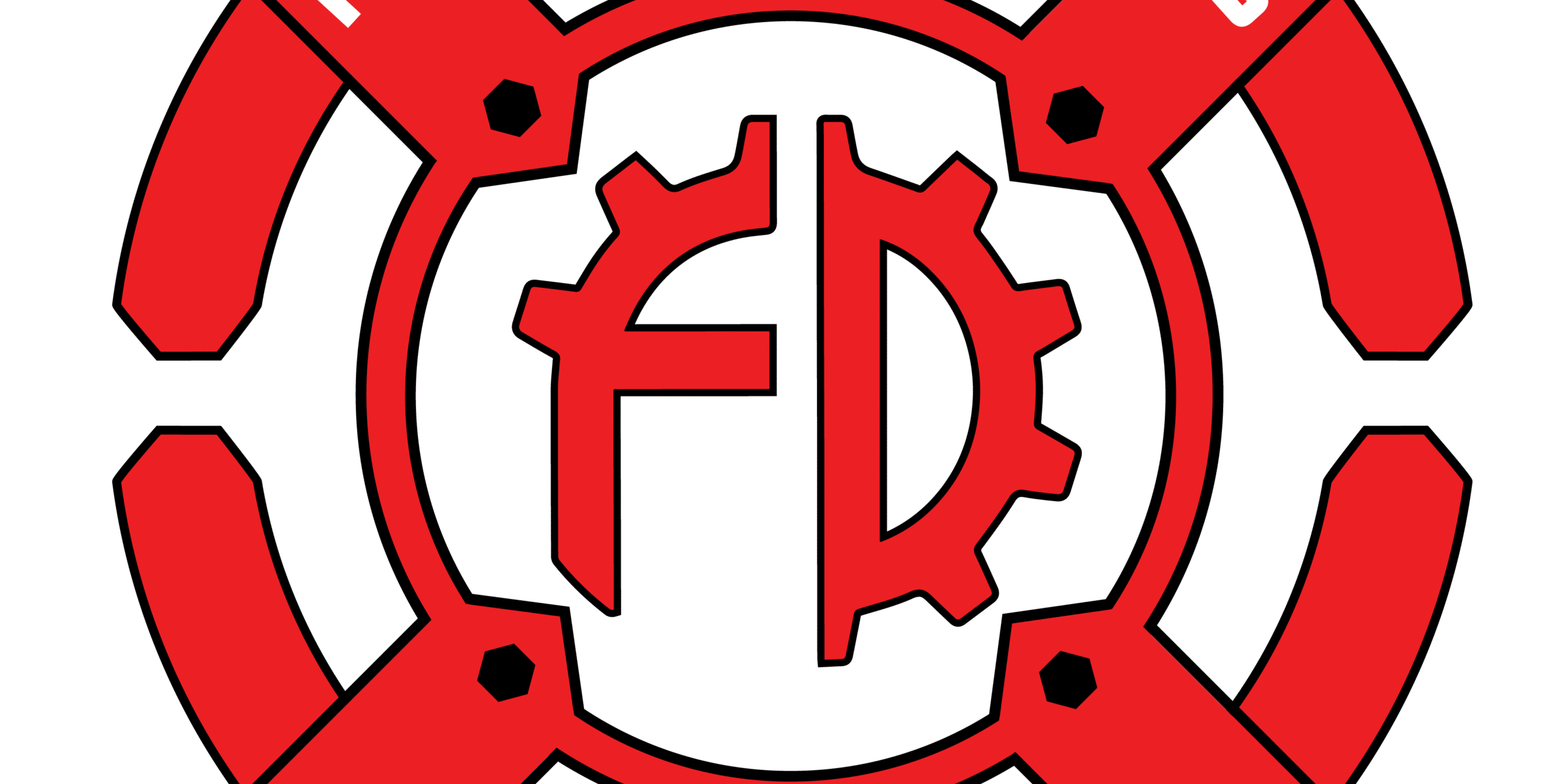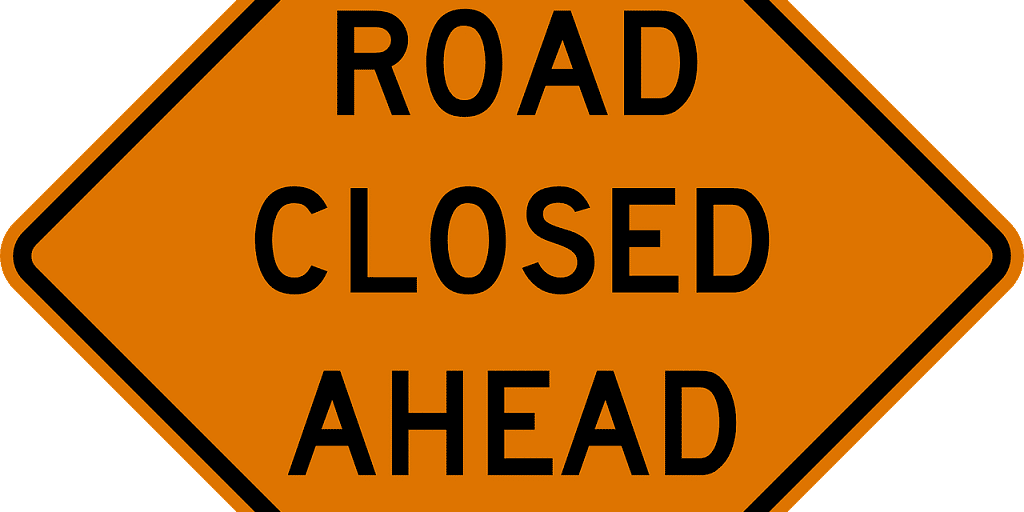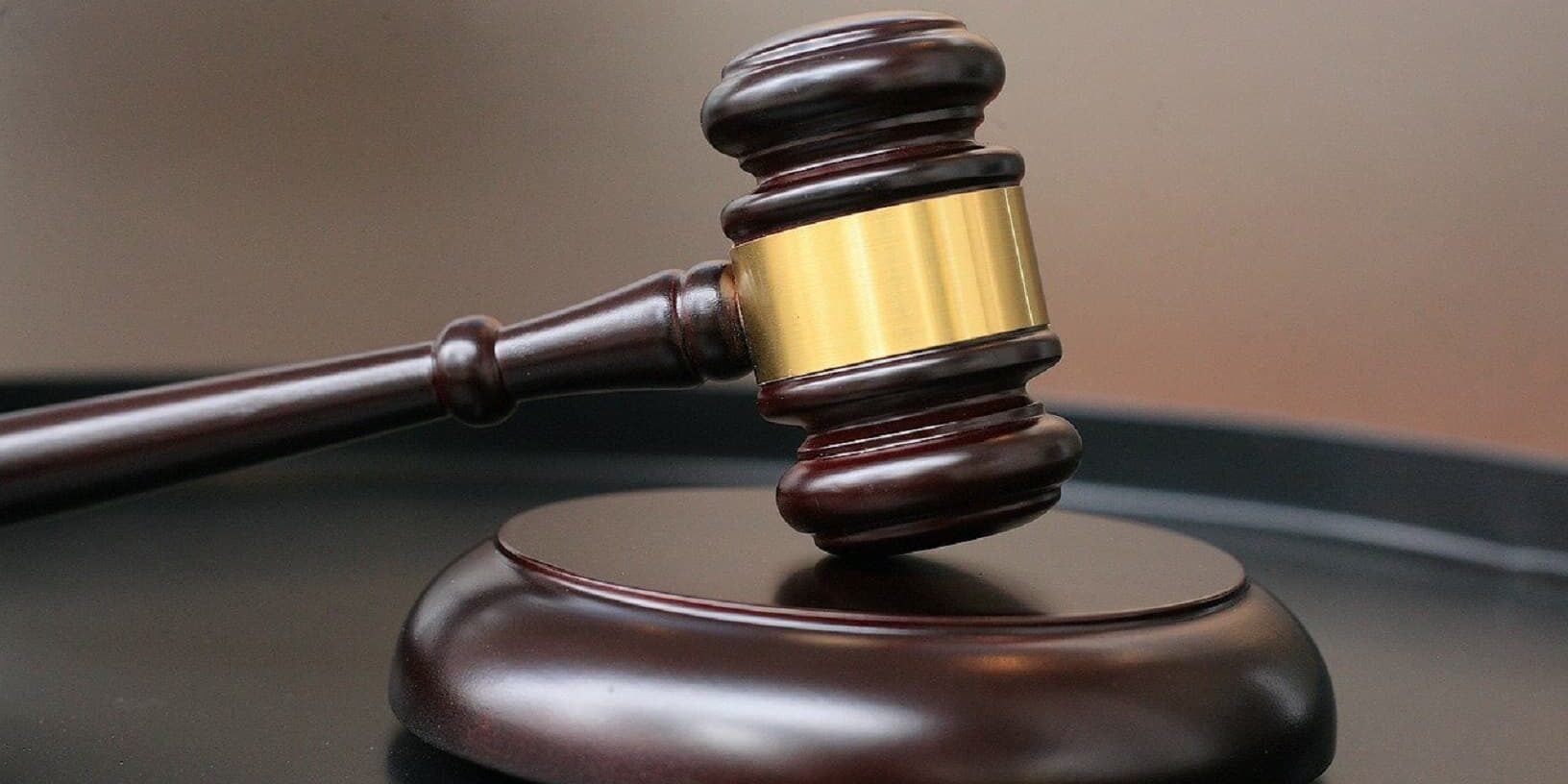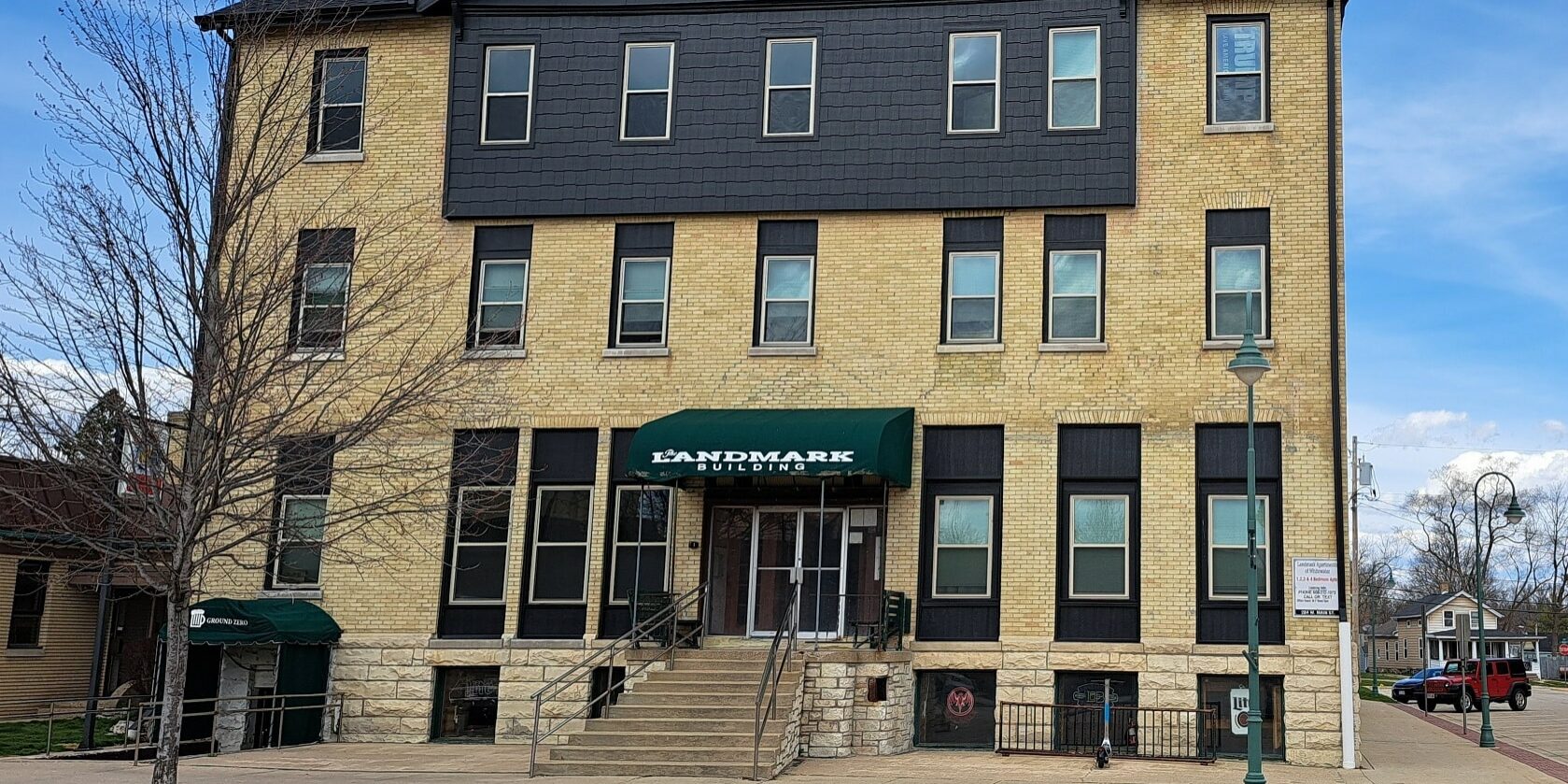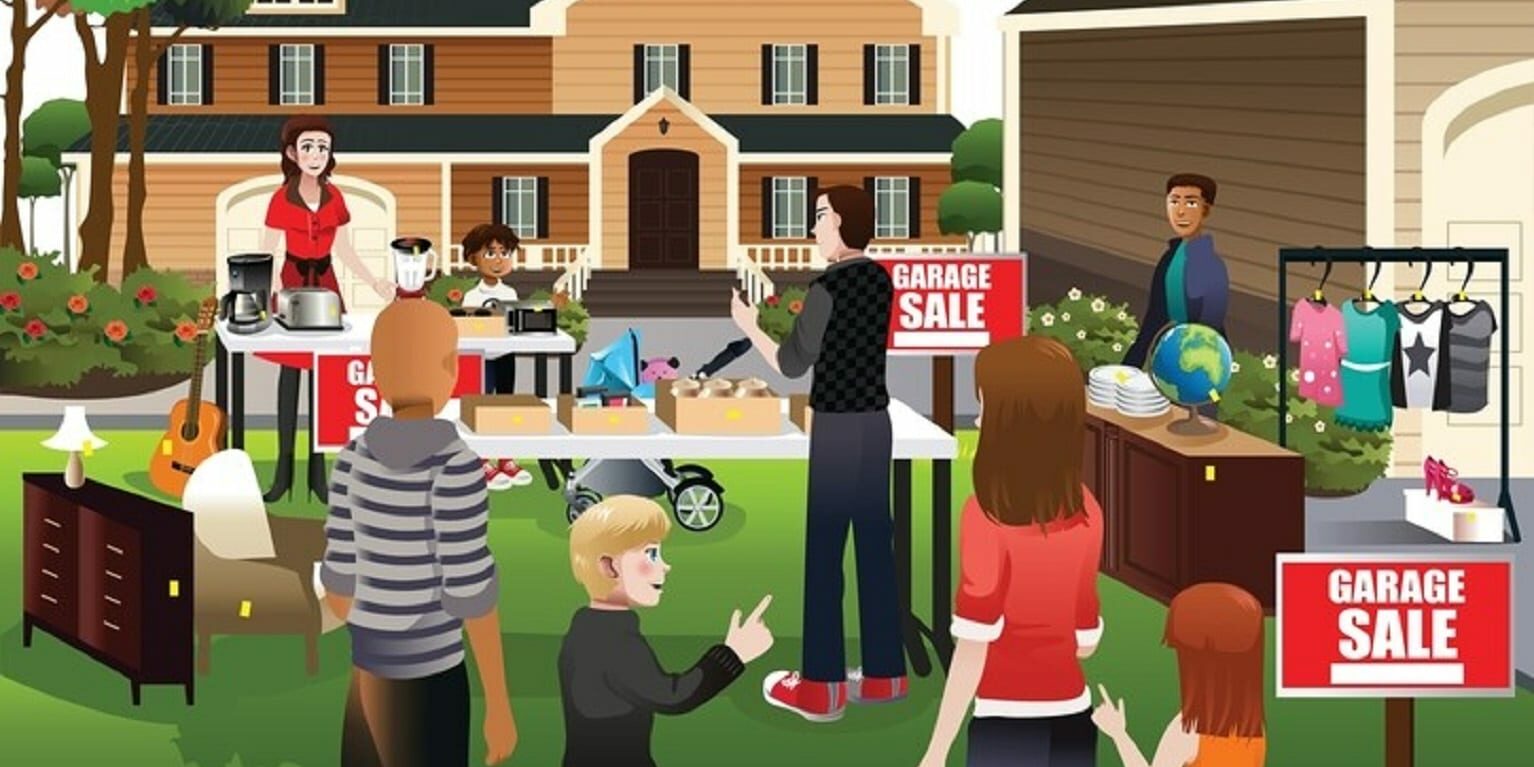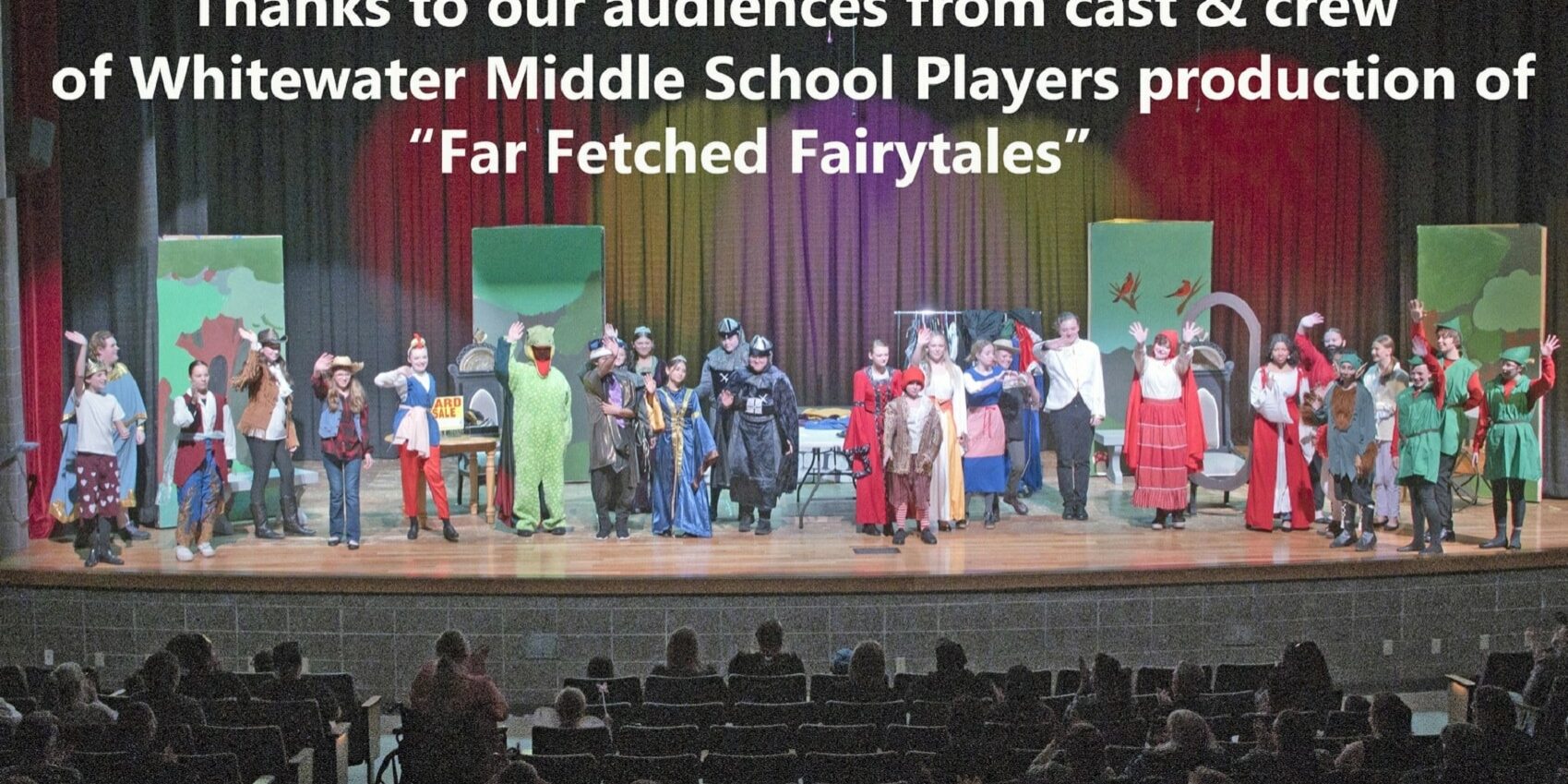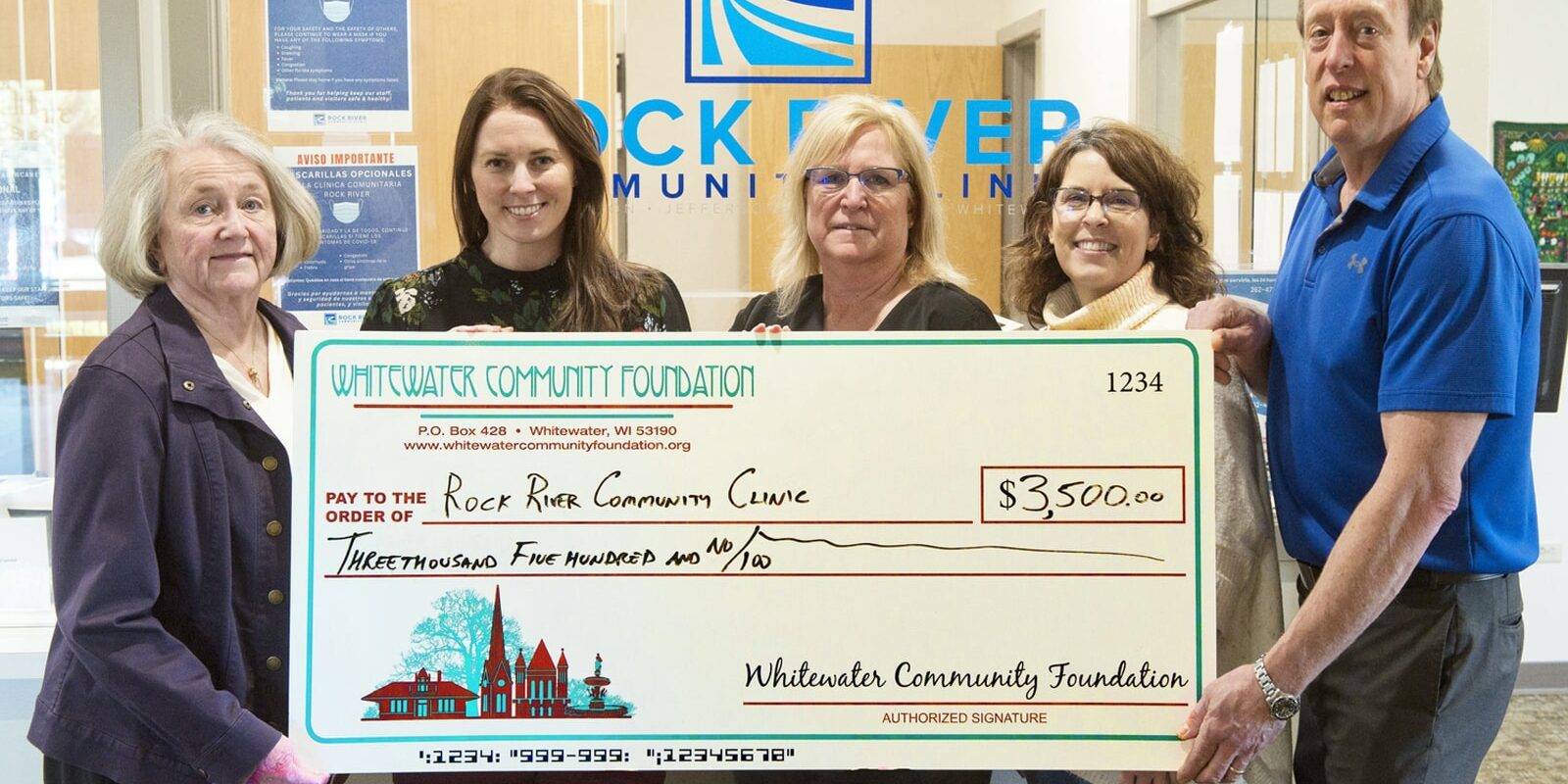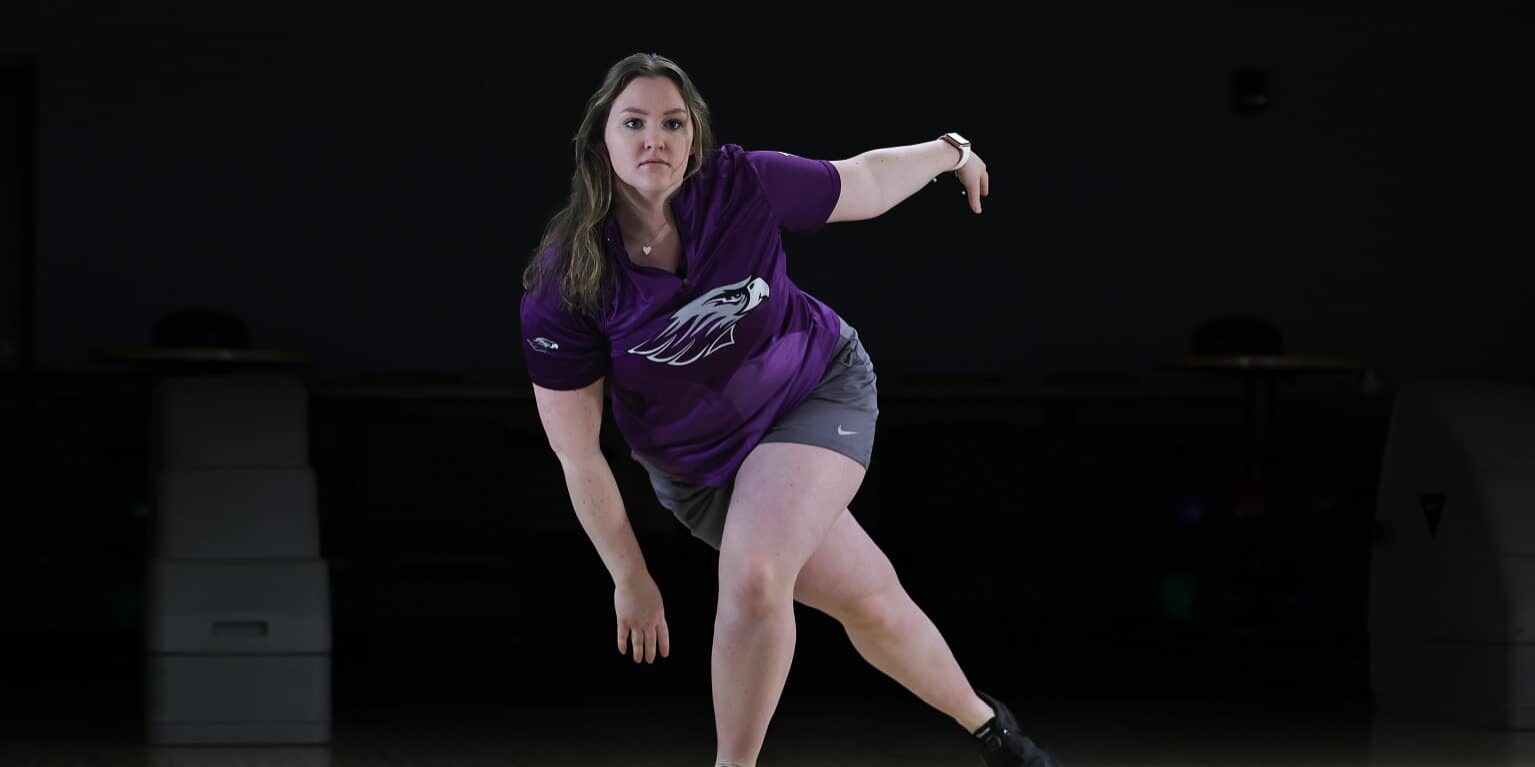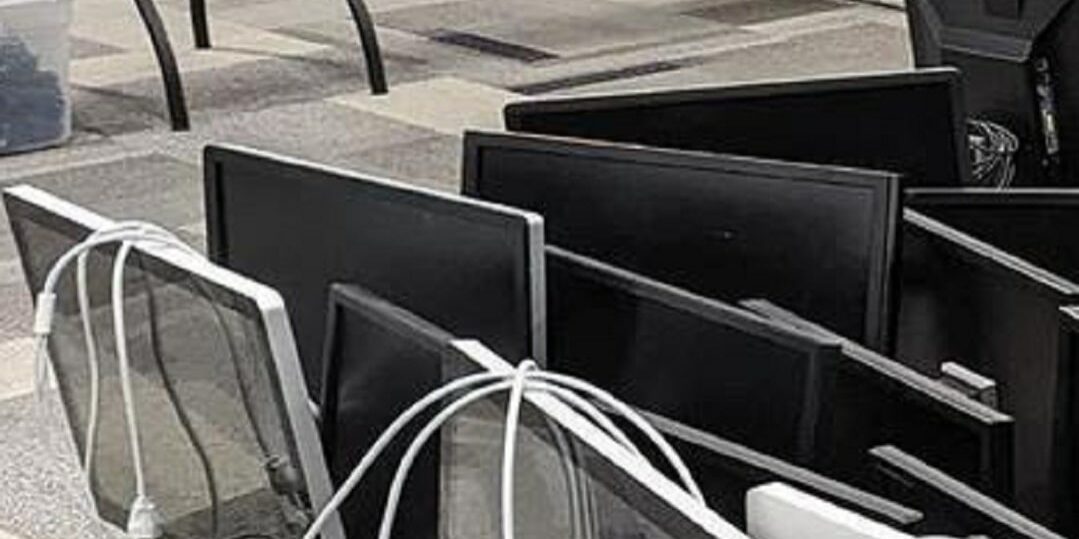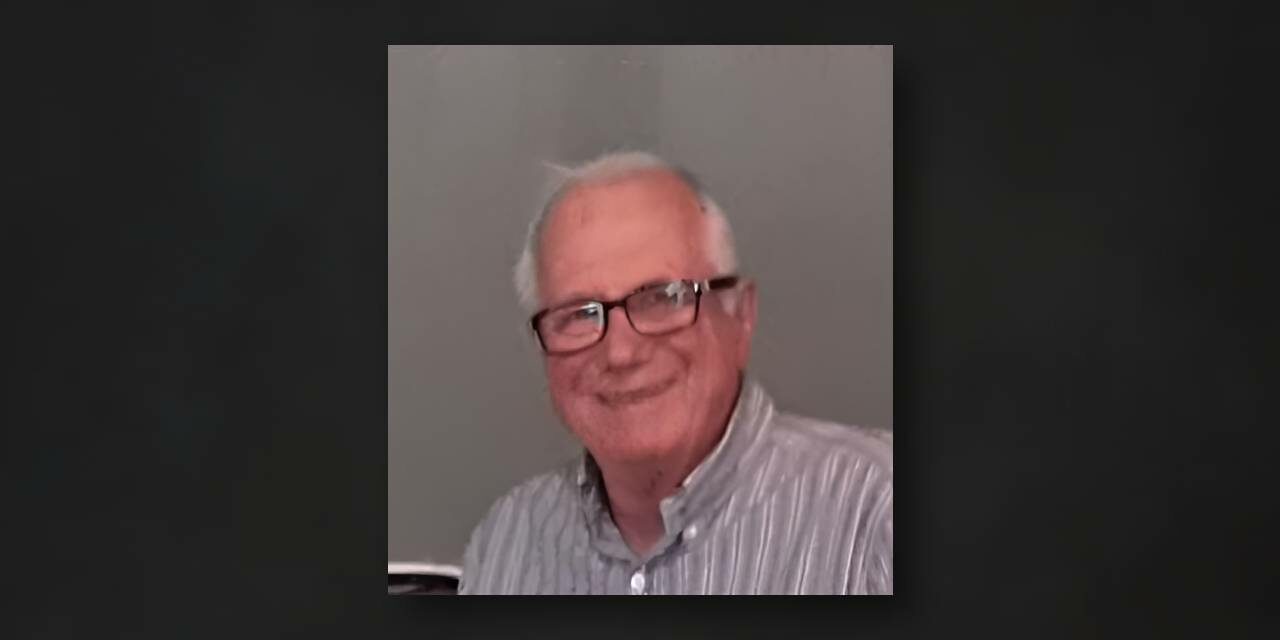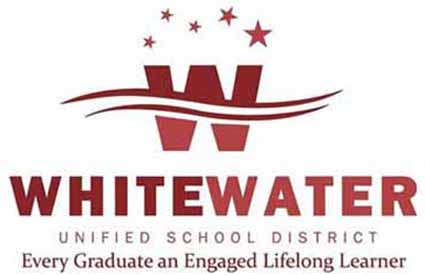
Community Feedback Instrumental to November Referendum
By Kelly Davis, Vice President
Whitewater Unified School District Board
November 6, residents of the Whitewater Unified School District (WUSD) will have an opportunity to vote on a referendum question that will appear on the regular election ballot. The question will ask residents to vote yes or no on a measure to replace a previously passed referendum that’s set to expire in June 2019.
As a parent of three children who attend elementary school in the District and a homeowner in the District, I think it is important to share with readers how the referendum came to be, how passing the referendum will impact the District, and the tax implications of the referendum. This editorial is intended to speak to these points.
How the referendum came to be: The input of the Whitewater community, including our parents, staff, business and civic leaders and local residents, has been an integral part of this effort.
Thanks in large part to the community engagement we’ve seen, the board has been able to develop a strong potential solution that would allow the school district to maintain the quality programs and services currently available to students. We also believe this solution makes the best possible use of the funds local taxpayers invest in Whitewater schools.
The process of placing this question on the ballot has been inclusive from the start. In addition to numerous community engagement sessions and presentations, we have received valuable guidance and feedback from our Citizen Finance Advisory Committee, a group of community and business leaders from throughout the Whitewater area. The individuals who comprise this group have leveraged their experience and expertise to provide key input as the board looked at the options in front of us.
This work has also involved the school district’s financial advisor, which has enabled us to conduct accurate forecasts and find the best ways to protect our students, our schools and our community.
Considering that enrollment is one of the main drivers of our finances, we have also focused on creating robust enrollment projections. This, too, has informed our decision-making process, as we can see data on how many students we can expect to attend WUSD schools over the next several years.
How passing the referendum will impact the District: If passed, the referendum would allow the district to maintain and in some cases strengthen the district in a variety of ways: targeted class sizes, instructional and co-curricular programs, technology and facilities infrastructure, student support, safety efforts and mental health services.
The tax implications of the referendum: The referendum would have no tax impact in the first year, and then $30 per every $100,000 of assessed property value in each of the next three years.
In the weeks ahead of the November 6 referendum, the district will hold more community engagement sessions and continue to seek the feedback of our local residents. If you have questions about the referendum I urge you to visit: www.wwusd.org/referendum or contact any member of the Whitewater School Board.

Comentarios de la Comunidad Instrumental para el Referéndum de Noviembre
Por Kelly Davis, Vicepresidente
Consejo del Distrito Escolar Unificado de Whitewater
El 6 de noviembre, los residentes del Distrito Escolar Unificado de Whitewater (WUSD) tendrán la oportunidad de votar sobre una pregunta de referéndum que aparecerá en la boleta de las elecciones regulares. La pregunta pedirá a los residentes que voten sí o no sobre una medida para reemplazar un referéndum previamente aprobado que expira en junio de 2019.
Como padre de tres niños que asisten a la escuela primaria en el Distrito y una dueña de casa en el Distrito, creo que es importante compartir con los lectores cómo se llevó a cabo el referéndum, cómo afectará el referéndum al Distrito y las implicaciones fiscales del referéndum. Este editorial pretende hablar de estos puntos.
Cómo surgió el referéndum: La contribución de la comunidad de Whitewater, incluidos nuestros padres, el personal, los líderes cívicos y empresariales y los residentes locales, han sido una parte integral de este esfuerzo.
Gracias en gran parte a la participación de la comunidad que hemos visto, el consejo ha podido desarrollar una fuerte solución potencial que le permitiría al distrito escolar mantener los programas y servicios de calidad actualmente disponibles para los estudiantes. También creemos que esta solución hace el mejor uso posible de los fondos que los contribuyentes locales invierten en las escuelas de Whitewater.
El proceso de colocar esta pregunta en la boleta electoral ha sido inclusivo desde el comienzo. Además de numerosas sesiones y presentaciones de participación comunitaria, hemos recibido valiosas recomendaciones y comentarios de nuestro Comité Asesor de Finanzas Ciudadanas, un grupo de líderes comunitarios y empresariales de toda el área de Whitewater. Los individuos que son parte de este grupo han aprovechado su experiencia y conocimientos para proporcionar información clave mientras el consejo miro las opciones frente a nosotros.
Este trabajo también ha involucrado al asesor financiero del distrito escolar, que nos ha permitido realizar pronósticos precisos y encontrar las mejores formas de proteger a nuestros estudiantes, nuestras escuelas y nuestra comunidad.
Teniendo en cuenta que las matriculas son uno de los principales impulsores de nuestras finanzas, también nos hemos centrado en la creación de robustas proyecciones de matriculación. Esto también ha informado nuestro proceso de toma de decisiones, ya que podemos ver datos sobre cuántos estudiantes esperaríamos que asistan a las escuelas de WUSD durante los próximos años.
Cómo impactará al Distrito si pasa el referéndum: si se aprueba, el referéndum permitiría al distrito mantener y en algunos casos fortalecer el distrito en una variedad de formas: el número de estudiantes por clase, programas educativos y co-curriculares, infraestructura de tecnología e instalaciones, apoyo para los estudiantes, esfuerzos de seguridad y servicios de salud mental.
Implicaciones fiscales del referéndum: el referéndum no tendría impacto impositivo en el primer año, y luego $30 por cada $100,000 del valor de propiedad evaluado en cada uno de los próximos tres años.
En las semanas previas al referéndum del 6 de noviembre, el distrito realizará más sesiones de participación comunitaria y continuará buscando la retroalimentación de nuestros residentes locales. Si tiene preguntas sobre el referéndum, lo invito a visitar: www.wwusd.org/referendum o contactar a cualquier miembro del Consejo de Whitewater.

